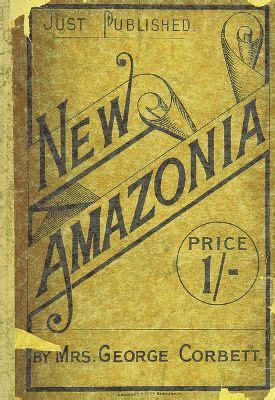A Quote by Lorin Stein
I’m a reader who uses fiction as a way of worrying about life.
Related Quotes
I saw one of the absolute truths of this world: each person is worrying about himself; no one is worrying about you. He or she is worrying about whether you like him, not whether he likes you. He is worrying about whether he looks prepossessing, not whether you are dressed correctly. He is worrying about whether he appears poised, not whether you are. He is worrying about whether you think well of him, not whether he thinks well of you. The way to be yourself ... is to forget yourself.
I'm a compulsive reader of fiction. I fell in love with novels when I was a teenager. My wife Marilyn and I... our initial friendship began because we are both readers. I've gone to sleep almost every night of my life after having read in a novel for 30 or 40 minutes. I'm a great reader of fiction and much less so of non-fiction.
It is untrue that fiction is nonutilitarian. The uses of fiction are synonymous with the uses of literature. They include refreshment, clarification of life, self-awareness, expansion of our range of experiences, and enlargement of our sense of understanding and discovery, perception, intensification, expression, beauty , and understanding. Like literature generally, fiction is a form of discovery, perception, intensification, expression, beauty, and understanding. If it is all these things, the question of whether it is a legitimate use of time should not even arise.
The desire to be liked is acceptable in real life but very problematic in fiction. Pleasantness is the enemy of good fiction. I try to write on the premise that no one is going to read my work. Because there's this terrible impulse to grovel before the reader, to make them like you, to write with the reader in mind in that way. It prevents you doing work that is ugly or upsetting or difficult. The temptation is to not be true to what you want to write and to be considerate or amusing instead. I'm always trying to fight against the impulse to make my readers like me.
Good writing is good writing. In many ways, it’s the audience and their expectations that define a genre. A reader of literary fiction expects the writing to illuminate the human condition, some aspect of our world and our role in it. A reader of genre fiction likes that, too, as long as it doesn’t get in the way of the story.
The book is finished by the reader. A good novel should invite the reader in and let the reader participate in the creative experience and bring their own life experiences to it, interpret with their own individual life experiences. Every reader gets something different from a book and every reader, in a sense, completes it in a different way.
The most difficult part of writing a book is not devising a plot which will captivate the reader. It's not developing characters the reader will have strong feelings for or against. It is not finding a setting which will take the reader to a place he or she as never been. It is not the research, whether in fiction or non-fiction. The most difficult task facing a writer is to find the voice in which to tell the story.



































